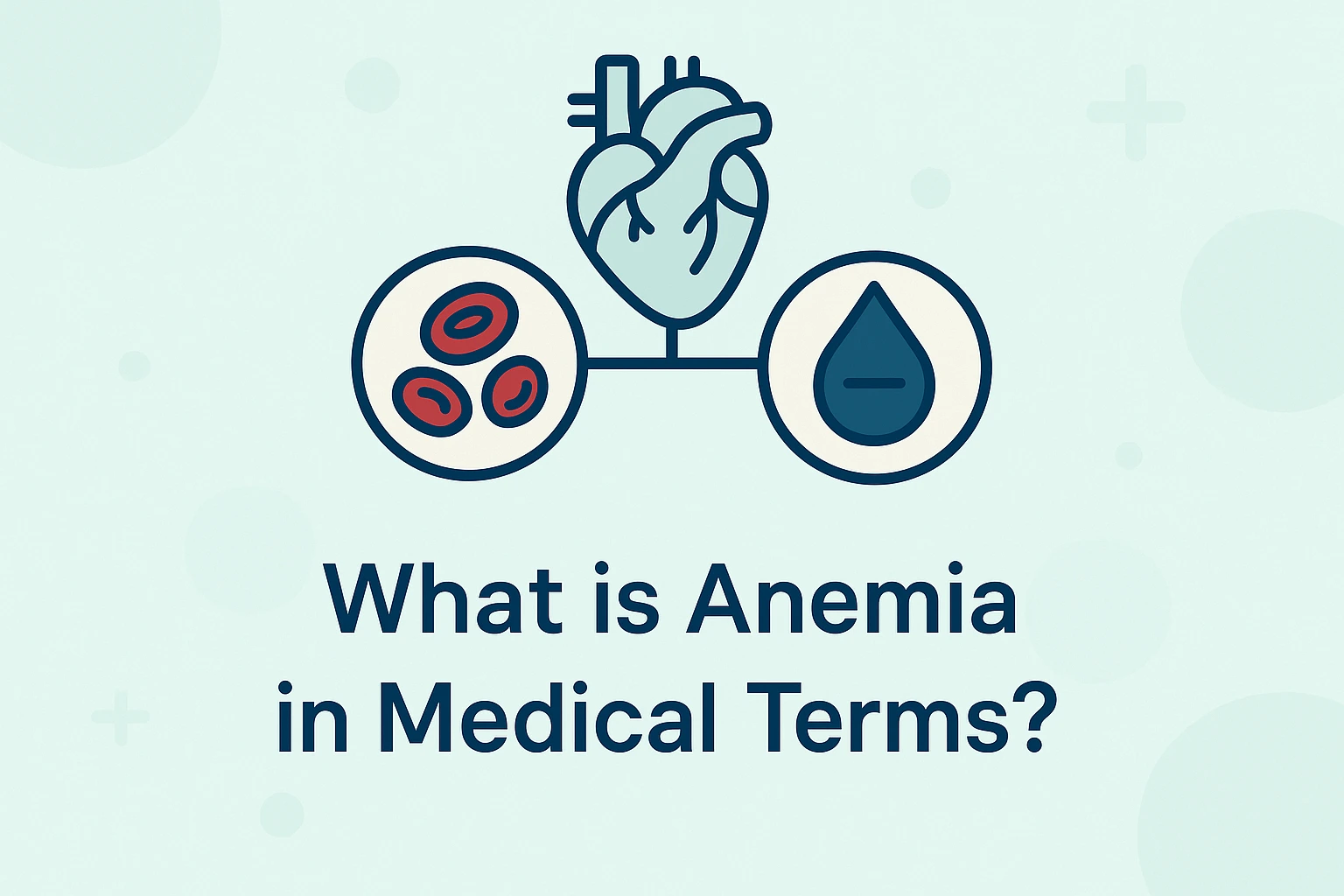Anemia is a condition in which the body lacks enough healthy red blood cells or hemoglobin to carry adequate oxygen to the tissues. This leads to fatigue, weakness, and other symptoms that can interfere with daily activities. Anemia can be caused by a variety of factors, including nutritional deficiencies, chronic diseases, or genetic conditions.
There are several types of anemia, including:
- Iron-Deficiency Anemia: The most common type, caused by a lack of iron in the body, which is necessary for the production of hemoglobin.
- Vitamin B12 Deficiency Anemia: Caused by insufficient vitamin B12, which is vital for red blood cell production.
- Folate Deficiency Anemia: A type of anemia that occurs when the body doesn’t get enough folic acid, leading to the production of abnormal red blood cells.
- Sickle Cell Anemia: A genetic form of anemia where red blood cells are crescent-shaped and do not efficiently carry oxygen, leading to episodes of pain and organ damage.
- Aplastic Anemia: A rare condition where the bone marrow fails to produce enough blood cells.
Common causes of anemia include poor diet, chronic blood loss (such as from heavy menstruation or gastrointestinal bleeding), and chronic diseases like kidney disease or cancer. In some cases, genetic conditions like sickle cell disease or thalassemia can lead to anemia.
Treatment for anemia depends on the underlying cause. It may include dietary changes, supplements (such as iron, vitamin B12, or folic acid), medications, or procedures like blood transfusions or bone marrow treatments for more severe forms.
If you experience symptoms such as pale skin, dizziness, shortness of breath, or heart palpitations, it is important to consult a healthcare professional for a proper diagnosis and treatment plan.

Symptoms of Anemia
Symptoms of anemia include: various signs that indicate a lack of red blood cells.
- Fatigue or weakness
- Pale skin
- Shortness of breath
- Dizziness or light-headedness
- Cold hands and feet
- Heart palpitations
Causes of Anemia
Common causes and risk factors for anemia include: mechanisms such as reduced blood flow, fluid loss, or inflammation.
- Iron deficiency
- Chronic diseases
- Vitamin deficiencies
- Bone marrow disorders
- Blood loss from injury or menstruation
When to See a Doctor Anemia?
Seek medical advice for possible anemia if: you experience severe fatigue, fainting, chest pain, or confusion. These symptoms can require immediate attention in an emergency room.
Related Terms of Anemia
FAQs for Anemia
When should I go to the ER for anemia?
If you experience severe symptoms like fainting, chest pain, or confusion, seek emergency care.
How can heat and dehydration affect anemia?
In hot climates, dehydration can exacerbate symptoms of anemia, especially during long-haul flights or fasting.
What are some ways to reduce the risk of anemia?
Maintaining a balanced diet and staying hydrated can help support overall health and reduce risk.
